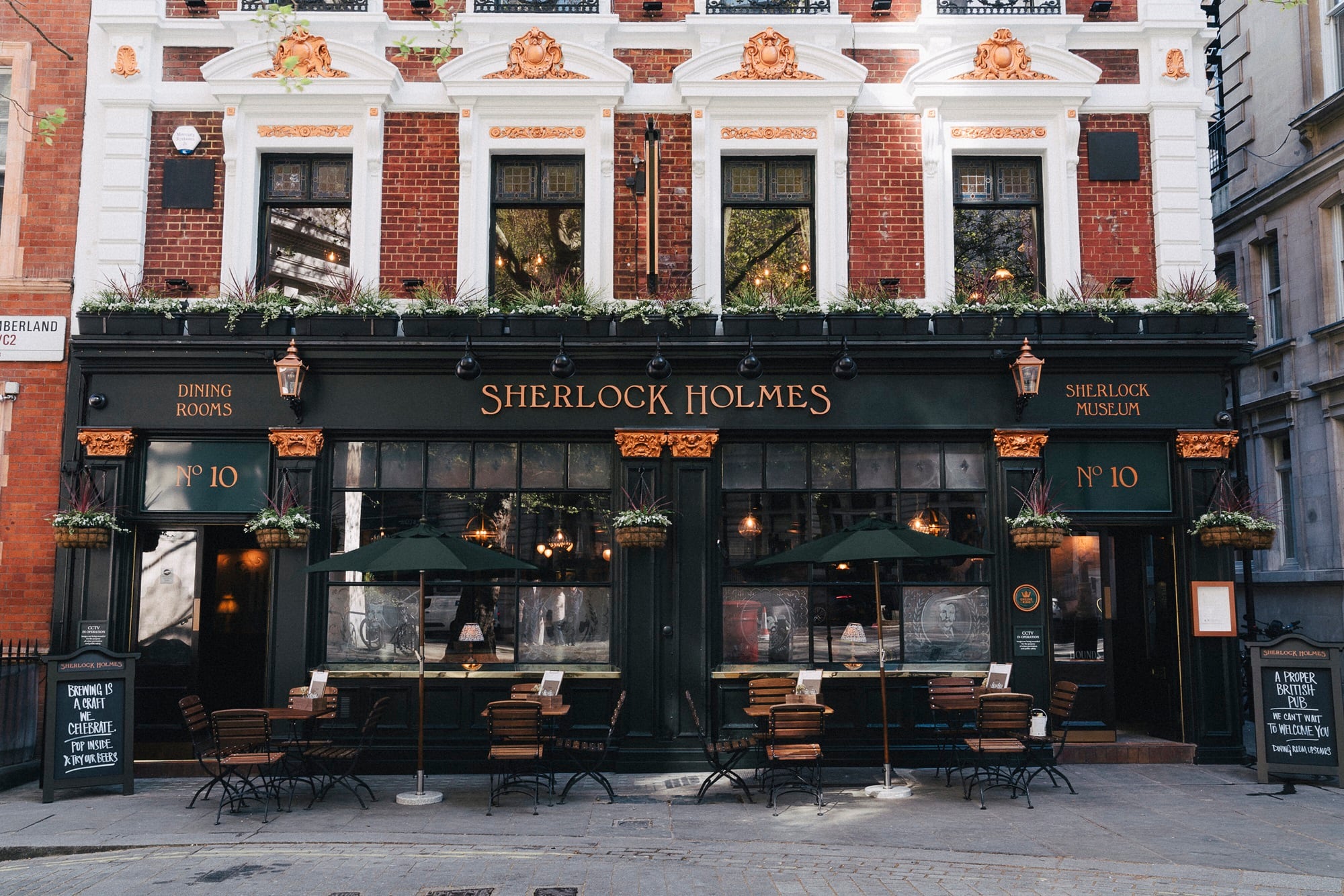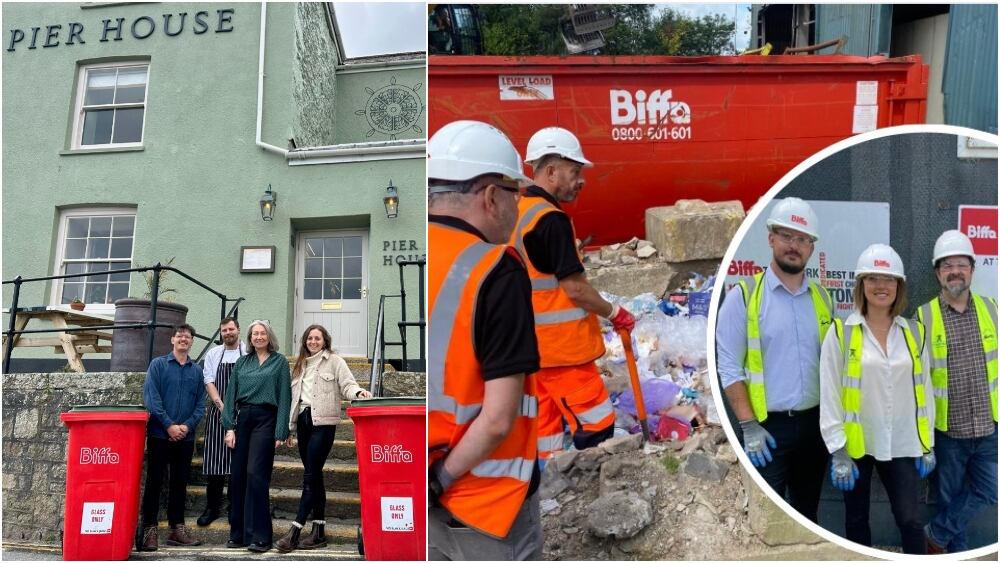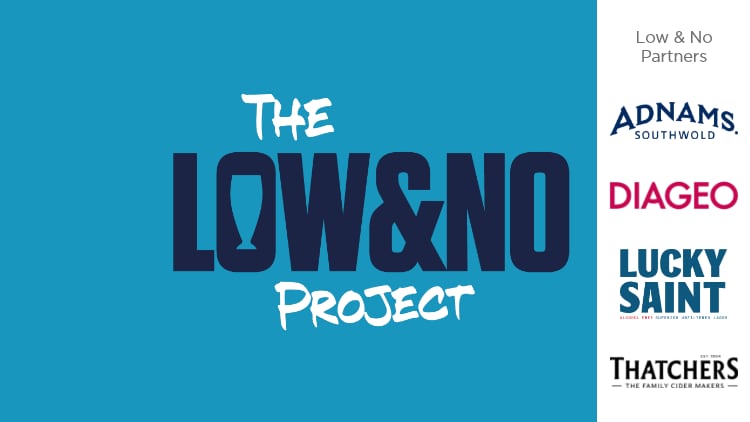The Morning Advertiser explains where this has come from and what could be coming next.
What is this all about?
The Government is bringing in an Employment Rights Bill, which was introduced to Parliament on 10 October 2024, as part of its first phase of delivering the Plan to Make Work Pay.
It will update and modernise the legislative framework in relation to employment rights.
Its aim is to strengthen working conditions for the lowest-paid and most vulnerable in the labour market, increasing fairness and equality.
The Government said it will have significant positive impacts on workers who are trapped in insecure work. The new rules cover a range of issues from ‘fire and rehire’ and ‘fire and replace’ to unfair dismissal and redundancy rights.
So why is pub banter involved?
Part of the new Employment Rights Bill will look to tackle harassment in the workplace.
It plans to bring in an obligation on employers not to permit harassment of employees by third parties. Employers will need to take “reasonable steps” to prevent harassment.
Concerns have been raised that publicans could have to become ‘banter cops’ to stop themselves being sued by staff who are offended by customers under the new reforms.
What has been the reaction?
When the plans emerged last October, campaign group Free Speech Union came out in opposition. It has launched its own initiative against the move in support of pubs called ‘say no to Banter Bouncers.’
While the Equality and Human Rights Commission (EHRC) advised that many of the measures in the bill have the potential to address labour market inequalities it was concerned about “unintended consequences” of the legislation. It said there must be consideration given to the balance of the legislation such as between the right to freedom from harassment and freedom of expression.
Recently Lilian Greenwood, MP for Nottingham South, told Times Radio the anti-harassment clause would help staff “give it their best without being anxious.” This bought a flurry of news reports and concern about the impact on pubs.
Conservative Party chairman Nigel Huddleston came out in opposition calling the plans “obviously ridiculous” and urged MPs to vote against the banter ban so “we that can all enjoy our time in our local favourite pub.”
What has the pub trade said?
Sir Tim Martin, boss of JD Wetherspoon, was reported criticising the prospect of pubgoers being prevented from discussing certain topics.
While Kate Nicholls, chief executive of UKHospitality, raised some concerns.
“The EHRC has rightly pointed out that these are complex legal issues, which employers are not equipped to navigate and could impose disproportionate restrictions. We agree with the EHRC’s concerns and we don’t believe that the burden of policing these issues should fall upon employers,” she said.
“We would urge the Government to take these concerns seriously and think again. It should follow the EHRC’s recommendation to undertake further analysis, to ensure that they’re not imposing unenforceable and complex obligations upon employers.”
What next?
The Bill is now at committee stage within the House of Lords, where it will face a line-by-line examination by peers. This begins on Monday, 29 April.
Reports have claimed that some peers will attempt to block the crackdown with changes to the Employment Rights Bill.
The controversial Lord Toby Young, who is founder of Free Speech Union, has suggested a number of amendments to the Bill which would exempt hospitality venues.
Talking on social media, he said: “I’m hoping my fellow peers will support my amendments to the Employment Rights Bill, exempting pubs and sports stadiums from the ‘banter ban’. If they don’t, pubs will become antiseptic ‘safe spaces’ and every football ground a library.”




